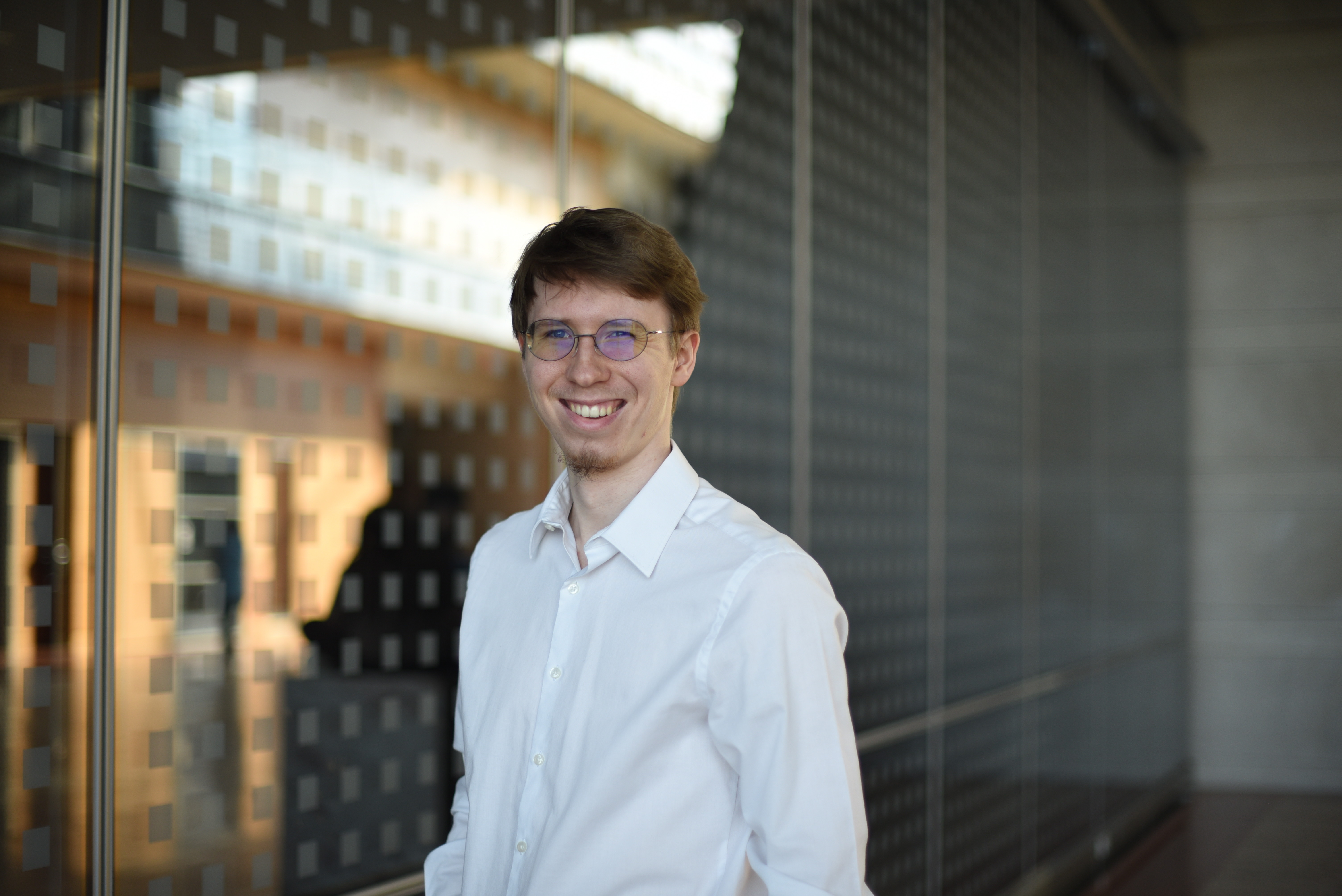Josh Jerisha is a rising fourth-year majoring in Neuroscience with an adjunct major in Science in Human Culture. He works in the Klein Lab, which does research about Alzheimer’s disease.
Tell me about your SURG topic.
Jerisha: I’ve had a long interest in structure functional relationships and really making more abstract phenomena tangible, so I got involved with structural biology research for Alzheimer’s disease. My current work is investigating the structural basis for neurotoxicity in early Alzheimer’s. We study amyloid beta oligomers, and I’m using atomic force microscopy to do so. That’s the main project for the summer – really probing the structure and ensuring that the antibodies we have designed are able to target them. After my freshman year I stayed on campus and I got into a different lab for the summer, two days before the SURG deadline. So ever since then, I’ve had an itch I wanted to scratch at.
What are you hoping to get out of this research?
Jerisha: I’ll be pursuing an honors thesis as a senior, so this is a great stepping-off point to really dive full time into a project and just sink your teeth into it. It’s also a matter of having a broader timeline, being able to really make the summer intentional and a worthwhile experience going into it full time, not just saying, ‘I will show up,’ and not having a plan. The first step – it’s a cliche – you have to be specific with your goals, so SURG is really giving me that opportunity.
What is the coolest thing you’ve learned so far?
Jerisha: I just have to say how much work has been done so many years in the past. I mean, we’re looking at papers, previous results from 20 years ago that still hold up and are still really fundamental in the field. It gives me an appreciation for the amount of work hours across whole teams that go into projects like this. It doesn’t happen overnight. And given that, as well, when I see a news article come out about some antibody for Alzheimer’s disease having great therapeutic efficacy, having done this grant I realize, ‘Wow, this has taken tens of thousands of hours among several individuals over the course of years.’
Meet the other SURG Recipients!
